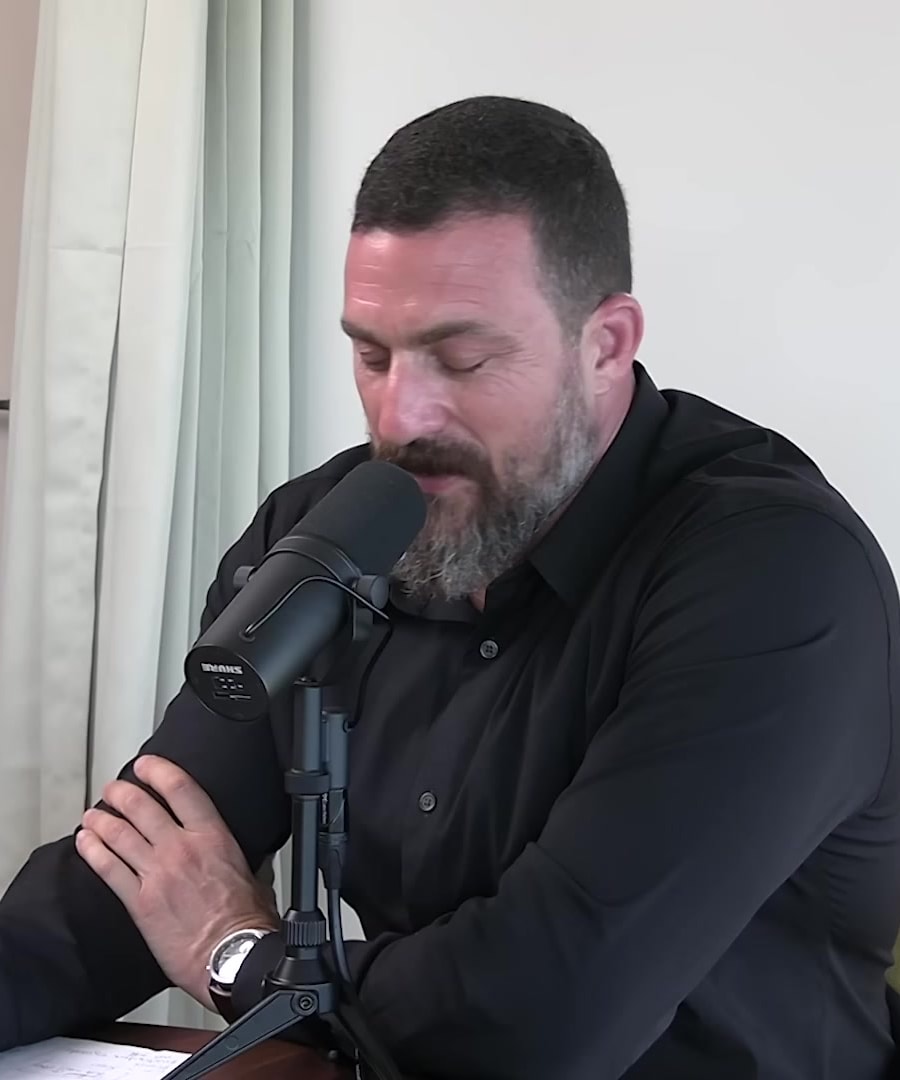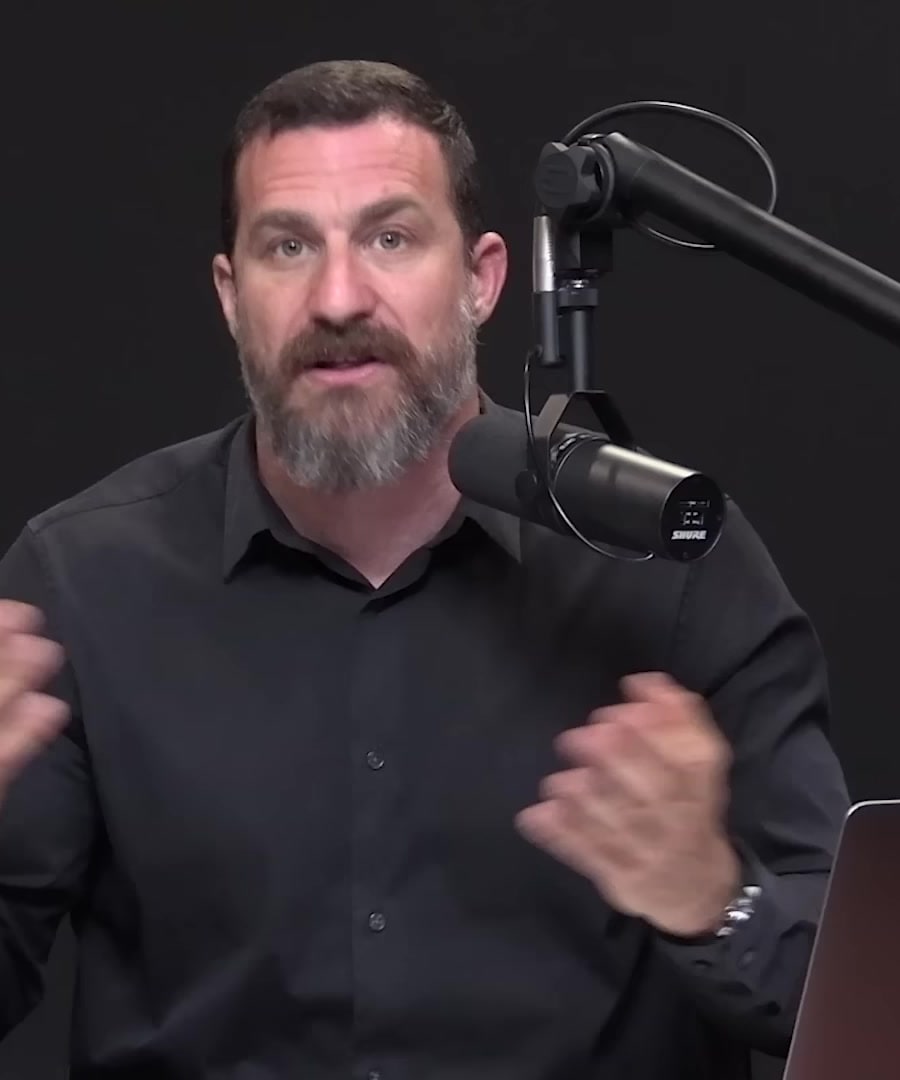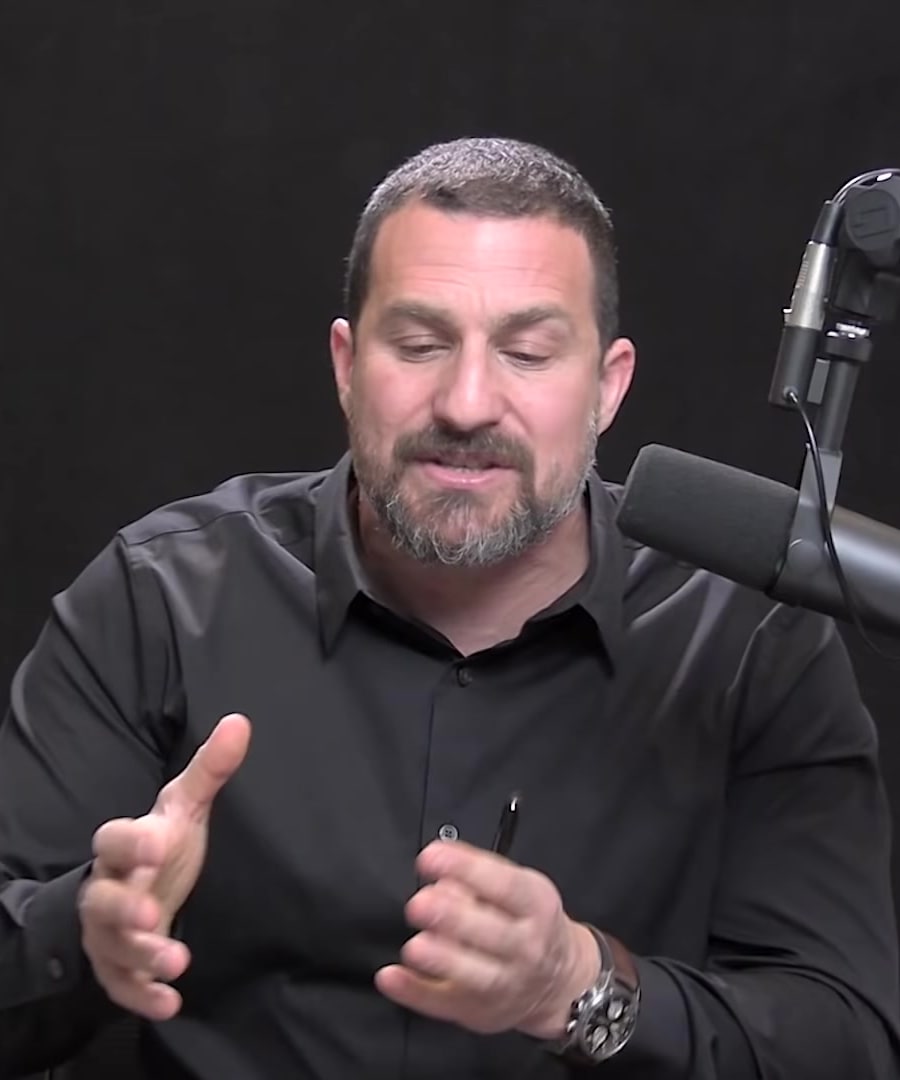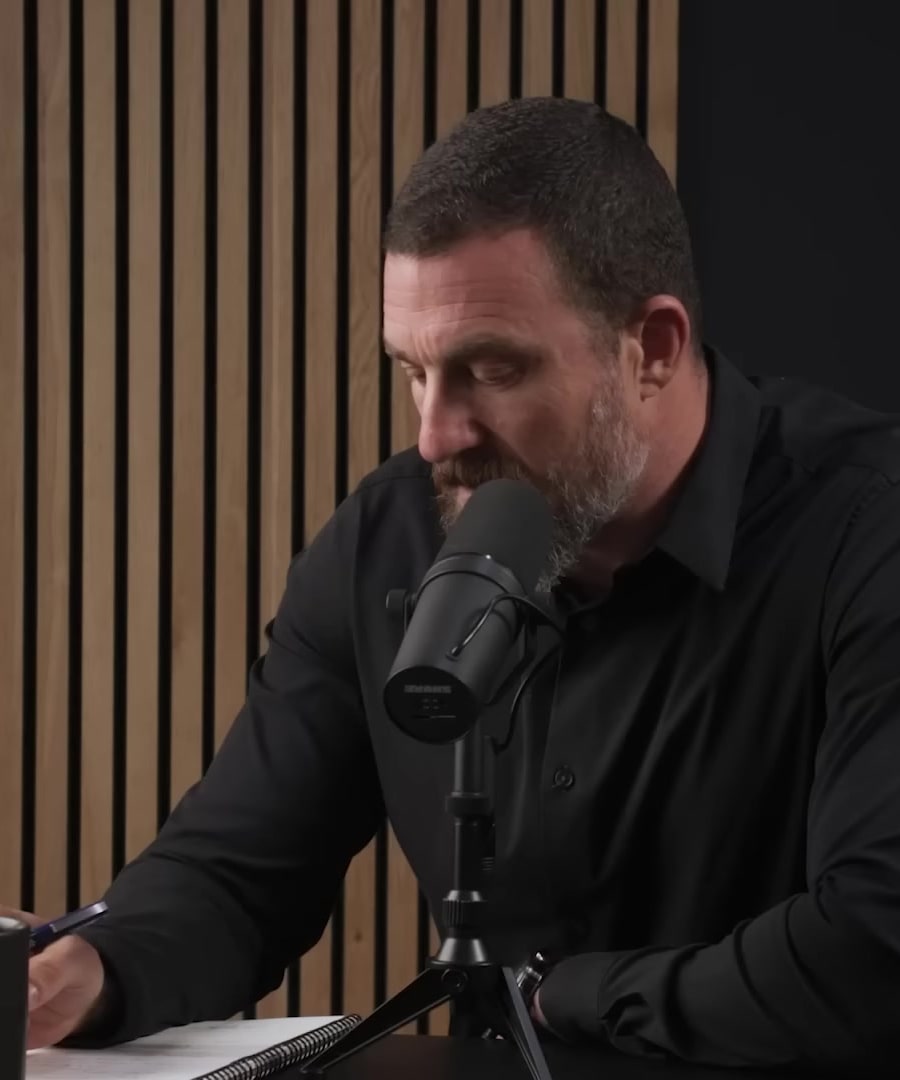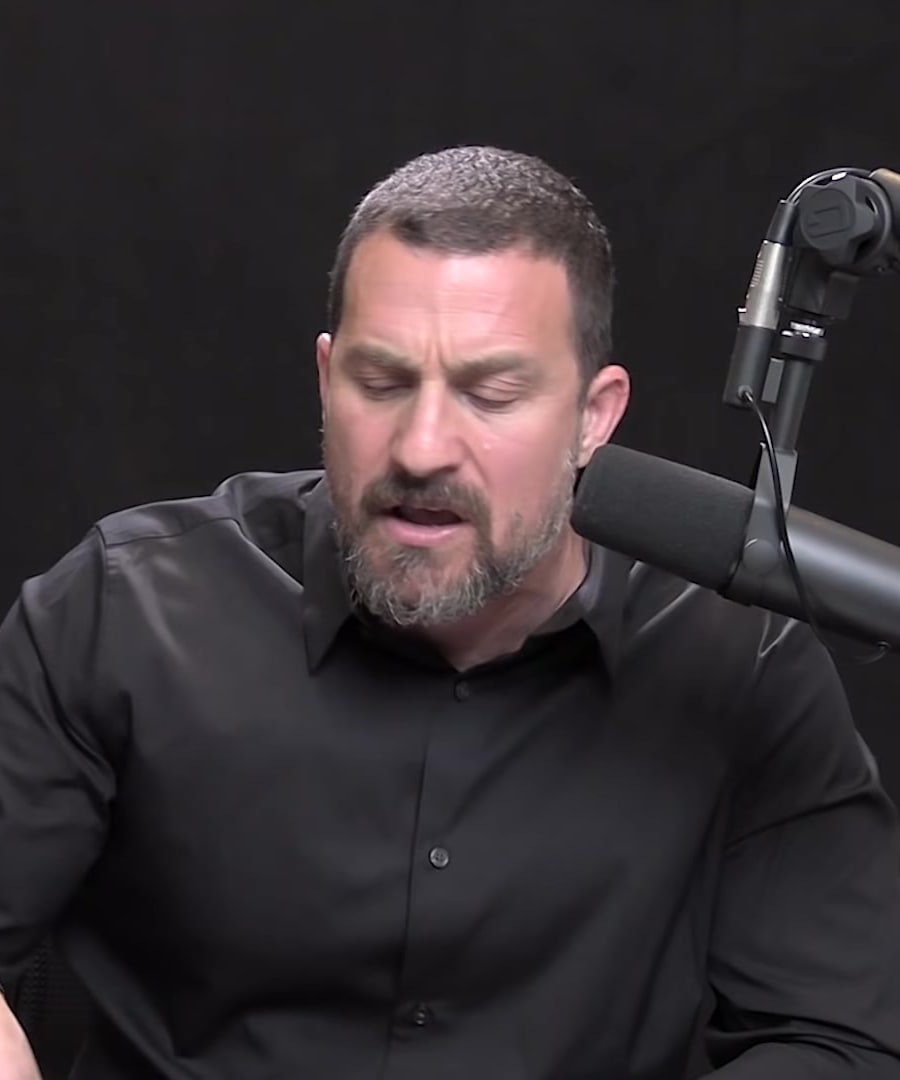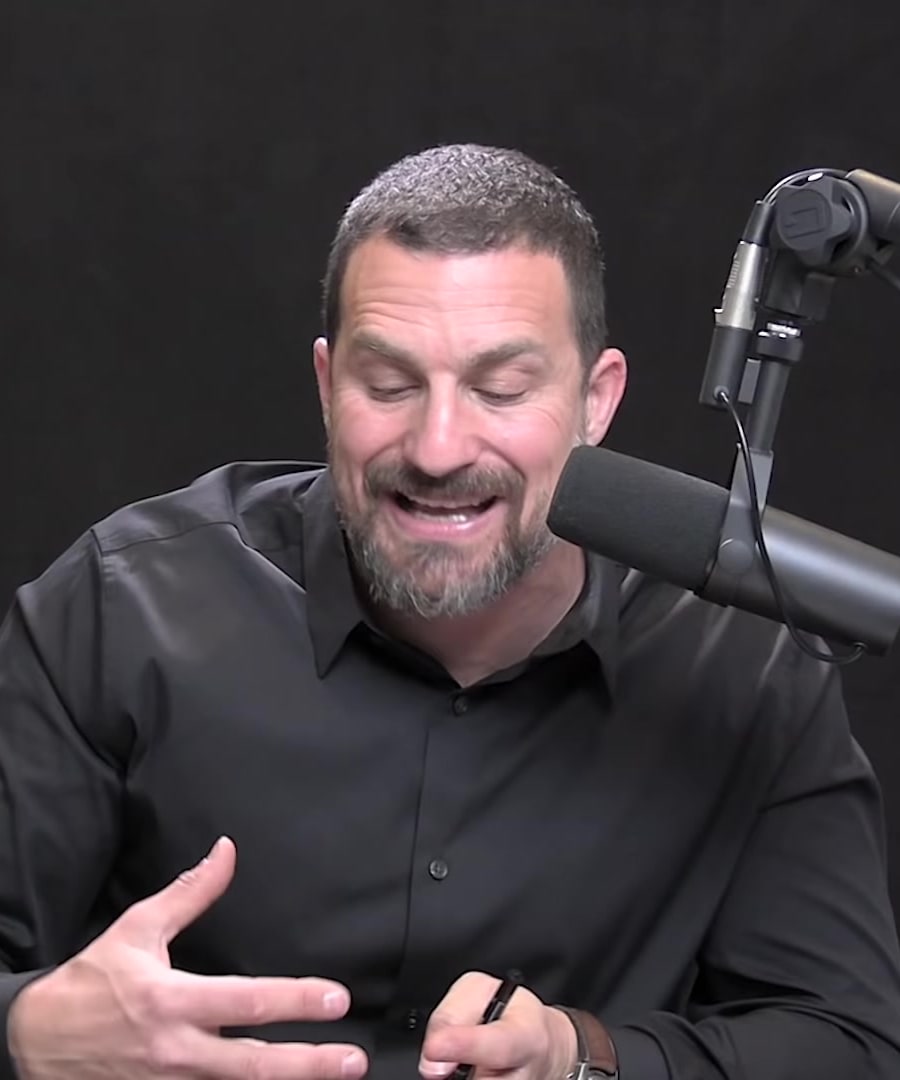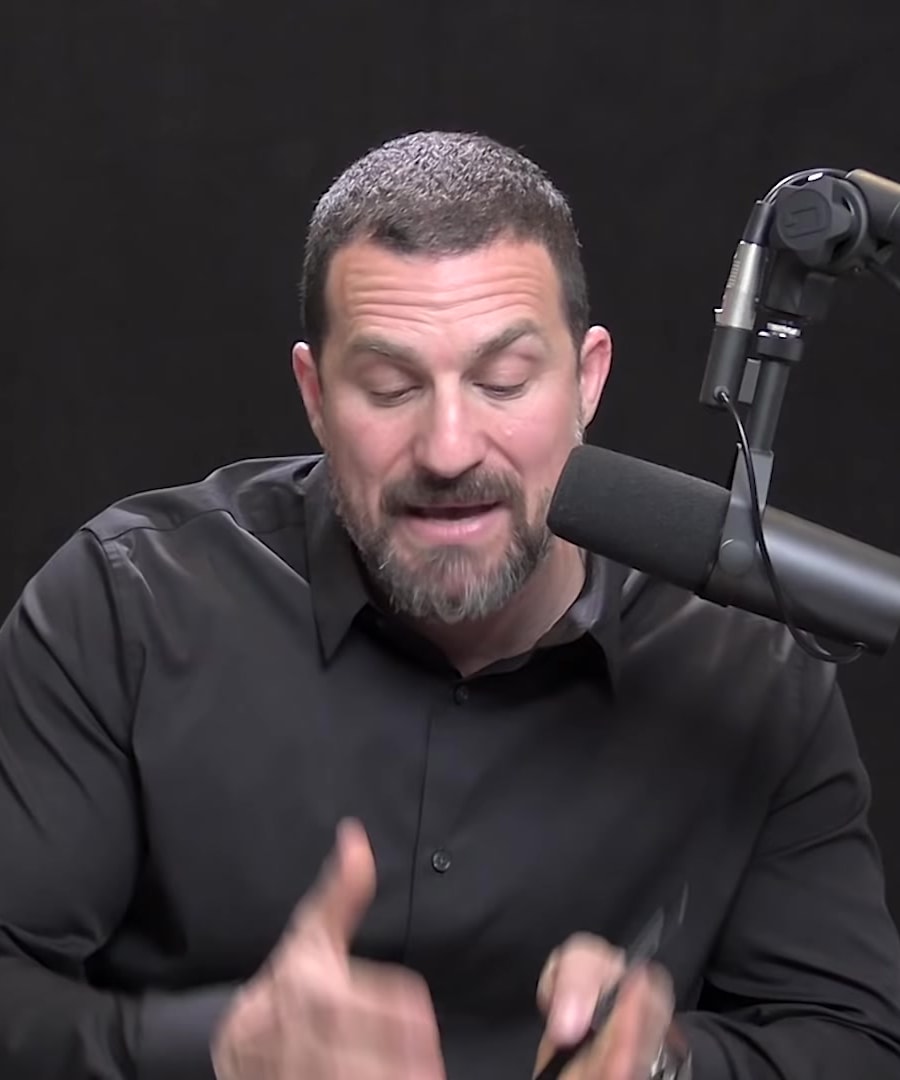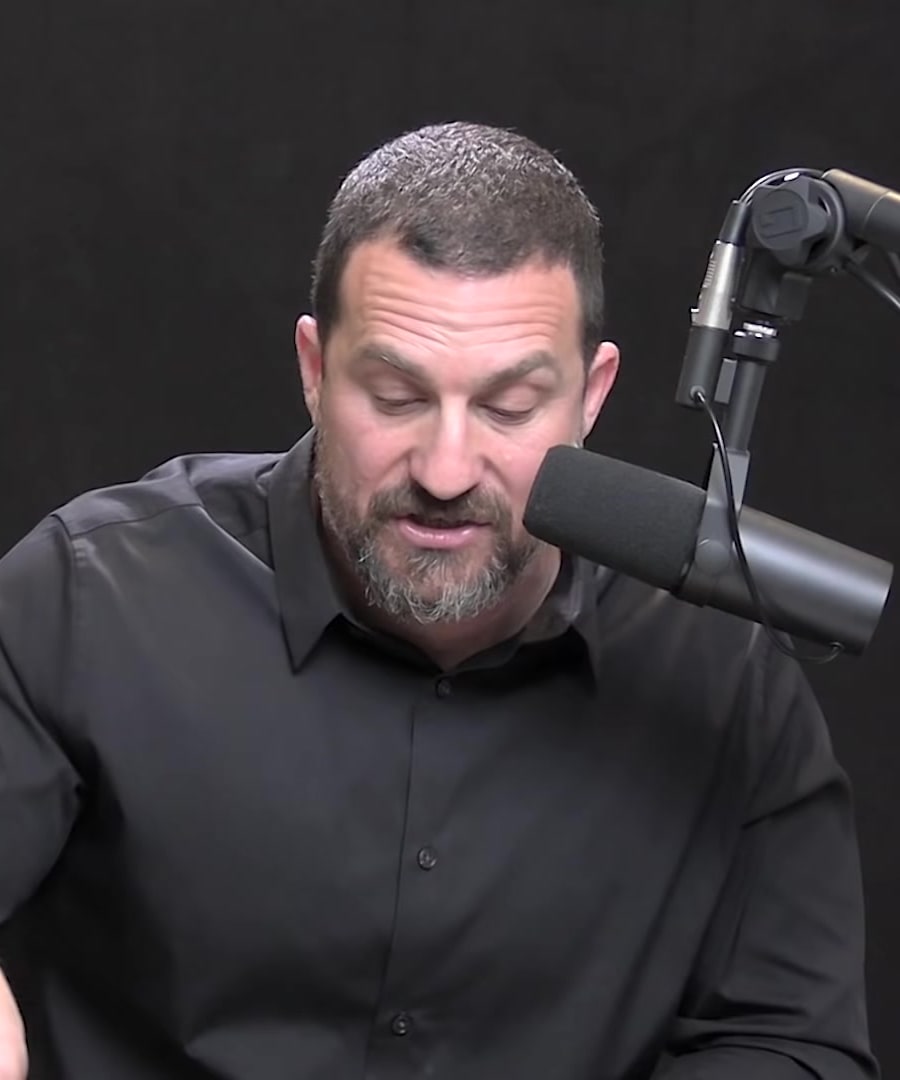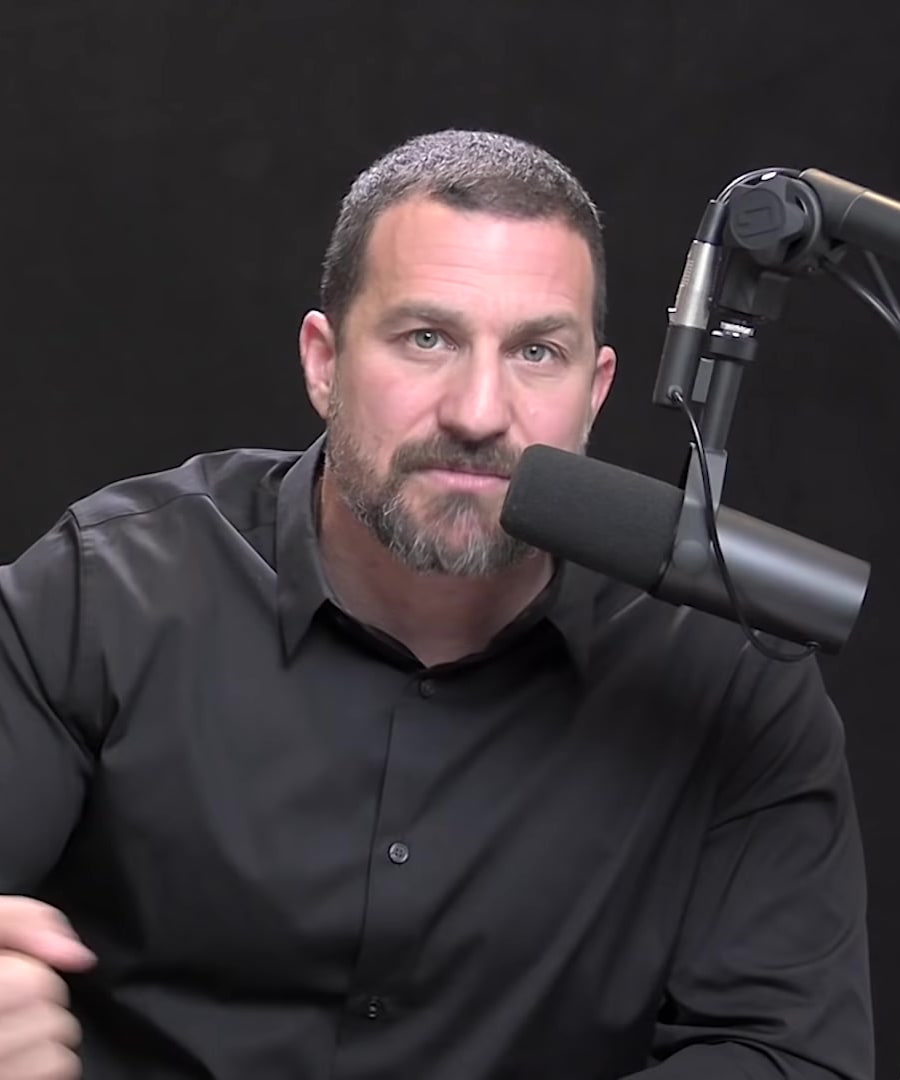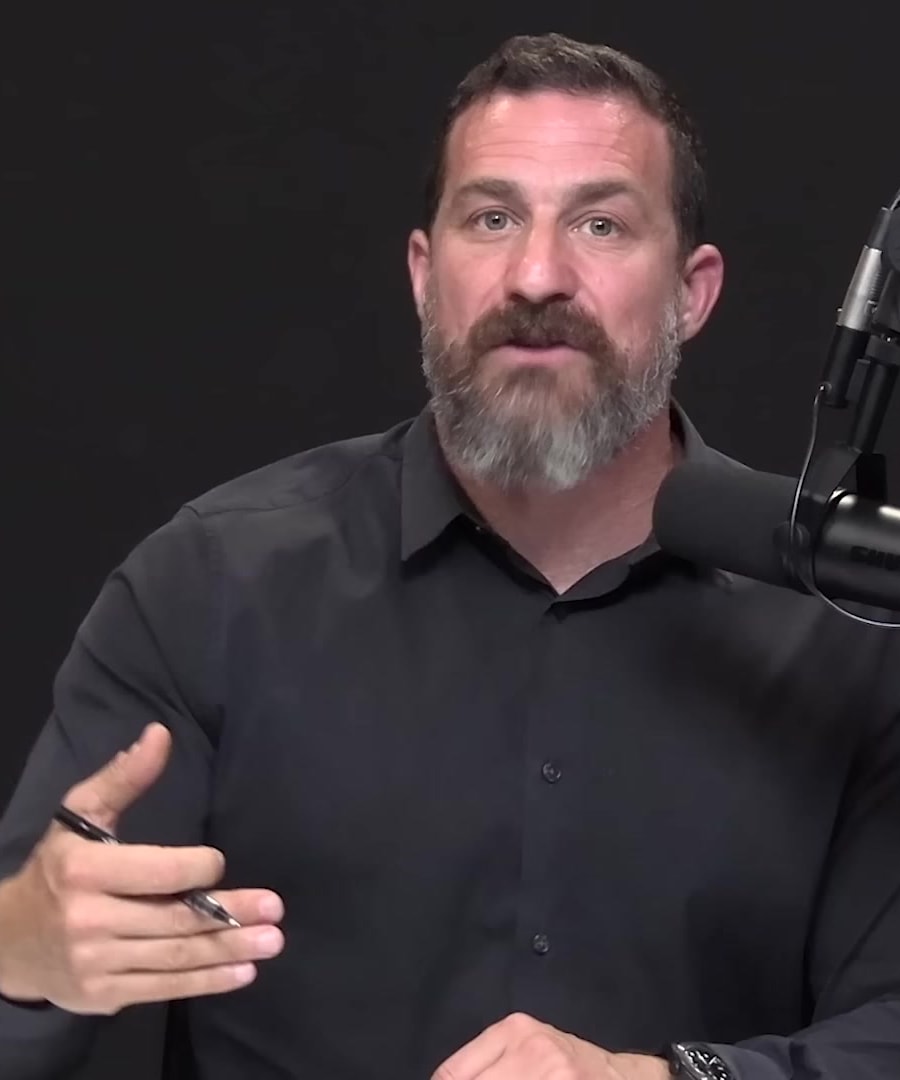How do i avoid burnout?
Sources:
To avoid burnout, consider managing your focus and energy levels. emphasizes the importance of taking deliberate breaks after intense periods of focus. He suggests deliberate defocus, which involves engaging in activities that don't require much concentration, such as menial tasks, and avoiding the use of phones and other devices that demand attention during this rest period. This practice replenishes your brain's metabolic energy and helps maintain the ability to focus effectively across the day 1.
Furthermore, advises young people to find one thing they are passionate about and dedicate significant effort towards it. This can help avoid burnout by channeling energy into meaningful work. However, he also notes that success in certain disciplines may require less of a grind and can be achieved through clarity of thinking and great ideas alongside energetic work 2.
Additionally, being cautious about overstimulation from dopamine-releasing behaviors or substances is another aspect to consider. shares his experience with overindulging in dopamine-stimulating behaviors and substances, which led to a feeling of burnout. He advises being mindful of how often and to what extent one engages in these behaviors, especially when they are paired with already enjoyable activities. This can help prevent an overload of stimulation that could contribute to burnout 3.
Remember, while these tips can be valuable, it's essential to listen to your body and mind, seek balance, and adjust as needed.
RELATED QUESTIONSCan you give me more stress management tips?
Sources:
To manage stress effectively, shares a variety of tips and insights:
- Understand the autonomic nervous system and stress modulation to leverage stress positively in suitable contexts while also having tools to calm down when necessary 1.
- Apply methods to manage overthinking and ruminating, such as rationalizing the stressor or diverting your thoughts, and perform regular check-ins to notice how stress might physically manifest in the body 2.
- Use real-time tools like physiological sighs, exercise, or non-sleep deep rest to reduce stress responses, thereby maintaining sleep quality and avoiding chronic stress 3.
- Learn techniques to modulate your short-term stress response to be more responsive rather than reactive, which can be achieved by controlling the internal landscape using tools rather than relying on the mind alone 4.
- Increase long-term stress resilience through social connections, which have been shown to mitigate stress more effectively than other interventions 5.
- Consider non-prescription compounds like ashwagandha, L-theanine, and melatonin to help modulate the stress system, using resources like examine.com to evaluate their efficacy 6.
- Build stress capacity by gradually increasing your stress threshold, which entails placing yourself in mildly stressful situations and learning to stay calm mentally and emotionally despite bodily stress 7.
- Practice deliberate cold exposure to raise your stress threshold and enhance your ability to manage your internal state during stressful situations 8.
Remember to consult with healthcare professionals before starting any new stress management regimen, especially when considering supplements or significant lifestyle changes.
How do i avoid burnout?
- RELATED QUESTIONS
Can you give me more stress management tips?

